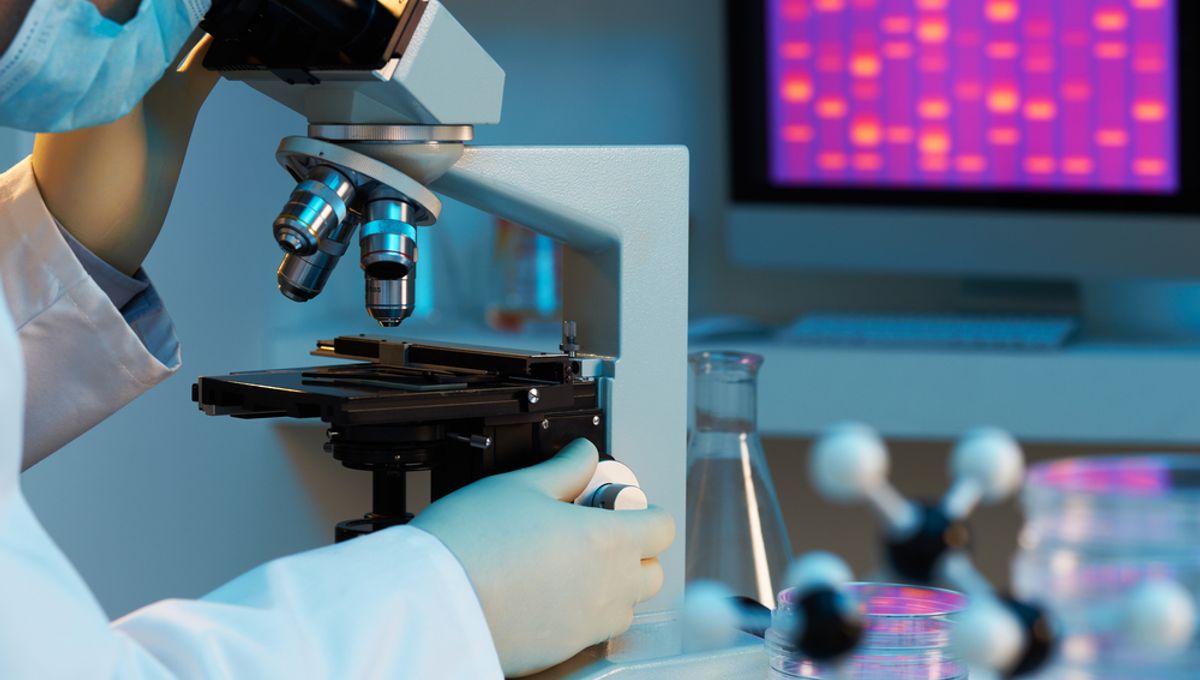
Traces of human DNA are not the only thing left behind after sexual intercourse. A new study has found that bacterial DNA is also transferred between males and females during penetrative vaginal sex, and that these microbial signatures could be invaluable to forensic scientists working to catch sex criminals.
PhD student Ruby Dixon, working with senior lecturer Brendan Chapman at Murdoch University in Perth, Western Australia, discovered that sex organs have their own bacterial colonies – they’ve called it the “sexome”. Their new research suggests that after a sexual assault is committed, traces of the offender’s sexome could be used to identify them, or at least to rule out potential suspects.
“This research shows that we can detect that a heterosexual couple has had intercourse based on the bacteria we find after sex,” Dixon said in a statement sent to IFLScience. “Some ‘male bacteria’ stays on the female and some ‘female bacteria’ stays on the male. The end goal is that we’ll be able to take a swab, analyse the bacteria, and link it back to an individual, or at the very least eliminate suspects.”
Investigating sex crimes is a difficult task, but it can be made all the more so if there are no human DNA traces to be found. This can happen, for example, if semen is not present. “Current techniques for investigating sexual assault work well, however if there aren’t enough male cells then there may not be enough to link it to a person using conventional DNA analysis,” Dixon explained.
And learning more about the sexome of the penis is useful in and of itself, as the male genital microbiome has been considerably less well studied to date than its female counterpart.
The team collected penile skin samples and vaginal swabs from six heterosexual couples before and after penetrative sex. The couples were aged between 22 and 30 years, and a variety of different contraception methods were being used.
Bacterial genetic sequencing was performed, and the team was able to demonstrate the transfer of microbial DNA between both partners after intercourse. This was most evident in one couple who were not using a barrier contraceptive method. Bacterial transfer from the female partner to the male partner, predominantly Lactobacillus species, was most significant.
Even if the bacterial signature detected was not completely unique to an individual, Dixon described how this information might still be used by investigators to rule out other suspects.
“It’s like when you buy a packet of M&M’s, you know that there are six colours in every packet, so you might say they’re identical from the outside. However, each packet has a different number of each colour – one might have five blue, while another only three – and it goes the same for each colour. It’s similar when it comes to bacteria, although male bacteria may look relatively similar at a glance, we found the composition of each person’s bacterial makeup is probably different enough to use for identification.”
The proof-of-concept study demonstrates that the genital flora of both participants are disrupted during sexual intercourse, and that it is possible to use forensic samples to detect bacterial taxa that are unique to each individual. This is just the first step, though, and there are lots of other factors that the researchers are keen to explore next.
“We’ve demonstrated the concept, and the plan is to further investigate uniqueness of individual bacterial fingerprints and the effect of things like contraception and non-heterosexual couples,” said Chapman. “The fact is, we have now demonstrated that bacteria may be just as powerful as conventional forensic DNA but with the added benefit of being available even when male human DNA is undetectable.”
“This research is a big step forward for forensic science and has the potential to lead to breakthroughs in cases that involve sexual assault,” he said.
The study is published in Forensic Science International.
Source Link: How Unique “Sexome” Bacteria Could Help Catch Sex Offenders